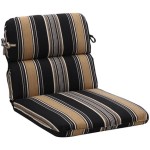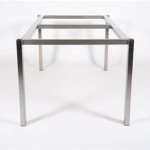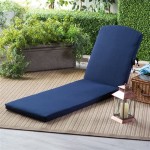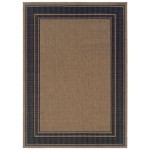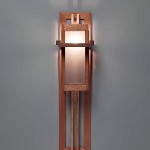Indoor and Outdoor Swimming Pools
Swimming pools are a great way to cool off on a hot day, get some exercise, or just relax. They can be installed indoors or outdoors, and each type has its own advantages and disadvantages.
Indoor Swimming Pools
Indoor swimming pools are typically located in a building, such as a home, gym, or hotel. They are heated and enclosed, so they can be used all year round. Indoor pools are also more private than outdoor pools, as they are not exposed to the elements or to public view.
However, indoor pools can also be more expensive to build and maintain than outdoor pools. They require a dedicated space, and they need to be heated and filtered regularly. Indoor pools can also be more humid than outdoor pools, which can make them uncomfortable for some people.
Outdoor Swimming Pools
Outdoor swimming pools are located outside, typically in a backyard or garden. They are not heated, so they can only be used during warm weather. Outdoor pools are also more exposed to the elements, so they can be affected by rain, wind, and debris.
However, outdoor pools are typically less expensive to build and maintain than indoor pools. They do not require a dedicated space, and they do not need to be heated or filtered as often. Outdoor pools are also more refreshing than indoor pools, as they are exposed to the fresh air and sunshine.
Which Type of Pool Is Right for You?
The best type of pool for you depends on your individual needs and preferences. If you want a pool that you can use all year round and that is more private, then an indoor pool is a good option. If you want a pool that is less expensive to build and maintain and that is more refreshing, then an outdoor pool is a good option.
Here is a table that summarizes the key differences between indoor and outdoor swimming pools:
| Feature | Indoor Pool | Outdoor Pool | |---|---|---| | Location | Inside a building | Outside | | Temperature | Heated | Not heated | | Enclosure | Enclosed | Not enclosed | | Privacy | More private | Less private | | Cost to build and maintain | More expensive | Less expensive |Additional Considerations
In addition to the type of pool, there are a few other factors to consider when choosing a swimming pool, such as:
*Size:
The size of the pool will depend on the space you have available and how you plan to use it. *Shape:
Pools can be any shape, but the most common shapes are rectangular, oval, and round. *Depth:
The depth of the pool will depend on how you plan to use it. If you want to dive or play water sports, you will need a deeper pool. *Features:
Some pools have additional features, such as slides, waterfalls, and diving boards.Conclusion
Swimming pools can be a great way to cool off, get some exercise, or just relax. There are two main types of swimming pools: indoor and outdoor. Each type has its own advantages and disadvantages, so it is important to consider your individual needs and preferences when choosing a pool.

Amazing Pools That Are Both Indoor And Outdoor Pool Luxury Swimming Design

22 Striking Indoor Swimming Pool Designs Stylish Ideas

Indoor Vs Outdoor Pools Which Should You Buy Blue Cube

Outdoor Pool Vs Indoor Which To Choose Marylandsunrooms

6 Best Indoor Swimming Pool Designs Forbes Home

6 Best Indoor Swimming Pool Designs Forbes Home

Indoor Outdoor Pool Contemporary Swimming Hot Tub Manchester By Portrait Pools Houzz Ie

Indoor Outdoor Swimming Pool Picture Of Palace Resort Myrtle Beach Tripadvisor

Xl Pools Swimming Pool Constructor

Pros And Cons Of Open Swimming Pool Vs Indoor Verdure Wellness


